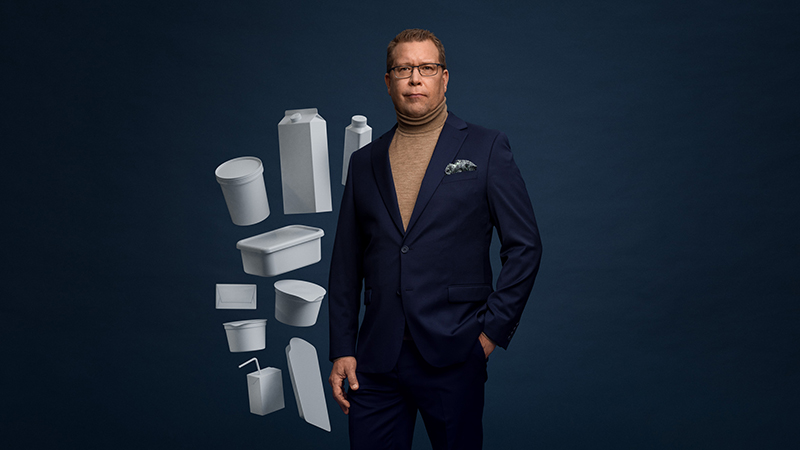The quality of building construction has been the subject of intense debate both in the building construction industry itself and in the media at large.
Building Contracts: Legislative Reform Will Not Guarantee Better Building Construction, Co-operation Is Key


Jaakko Honkala
Related services
Tags
Over the last decade, the renewal of the National Building Code of Finland and now the progress of the overall reform of the Land Use and Building Act are giving rise to legal debate, as well. The goal of the overall reform is to submit a bill to Parliament during the spring of 2022.
One key incentive for the reform of the Land Use and Building Act is to improve the quality of building construction. This blog takes a look at quality questions through the lens of the traditional building construction industry, in which the employers are professional developers, and the building contract is mainly based on the Finnish General Conditions for Building Contracts YSE 1998. Infrastructure and plant construction deserve their own posts about the coming bill, but for now, suffice to note that extensive and demanding construction projects may use conditions other than YSE 1998, such as the FIDIC contract forms.

Will Longer Liability Periods Produce the Desired Results?
According to current information, the reform of the Land Use and Building Act will include a variety of liability periods for the parties involved in building projects. In particular, the main contractor responsible, in fact, for the project would have a more extensive overall liability, whereas extensive liability is currently borne by the developer as a main implementing party of the project within the meaning of the current Land Use and Building Act.
The reform proposes that the liability period for the main contractor responsible for the project would be five years from the final inspection. This differs from the two-year liability period provided for in the YSE 1998 conditions. Similar mandatory liability periods are being proposed for designers, subsidiary contractors and supervisors.
Will new legislation containing mandatory liability periods produce the desired result of improving the quality of building construction?
Mandatory liability periods that deviate from current practice may not be the most cost-effective route to better quality. They would also be a significant restriction of the freedom of contract. Limited periods of liability that can be freely agreed have been an essential part of the exchange relating to building construction, and mandatory provisions could change this significantly. More extensive liability would be reflected throughout the subcontracting chain all the way to the suppliers, particularly in large and complex construction projects. The solution proposed by the legislator seems to ignore the professional skills of developers, contractors, designers and other stakeholders in the negotiation and implementation phases.
Quality Can Already be Promoted by Agreements
Developers already demand quality. For example, provisions on quality and sustainability requirements, separate guarantees, collaterals, supervision and change order procedures and various environmental certification classifications can be included in building contracts in order to promote quality.
Developers often already require longer, five- to ten-year separate guarantees, for example, for the waterproofing of roofs, moisture barriers, glass, facades and heat exchangers. These separate guarantees that are longer than the two-year guarantee period provided for in the YSE 1998 conditions are an additional incentive for contractors to make sure that these specified matters are of high quality during the project.
Correspondingly, the parties to a building project can be required to post collaterals either in accordance with the YSE conditions or more extensively, which provides security in case of financial problems if quality targets are not met.
Cooperation is Key
There are many reasons for new legislation, but legislation alone will not solve the quality challenges faced by the building construction industry or eliminate human error. Ultimately, the quality of the end result is determined by the individual project team, the site and the cooperation between the parties operating on the site—now and after the reform.
Good project-specific preparation, relevant quality and other requirements and good communication can all have a positive impact on building construction quality. Well implemented coordinated claims management can also improve quality during the building project and prevent disputes after the hand-over.
Hopefully, as to quality, the new legislation and the debate surrounding it will help create a consensus concerning the liability of the various parties to a building project and boost the ambition to build more sustainable and higher-quality buildings.











